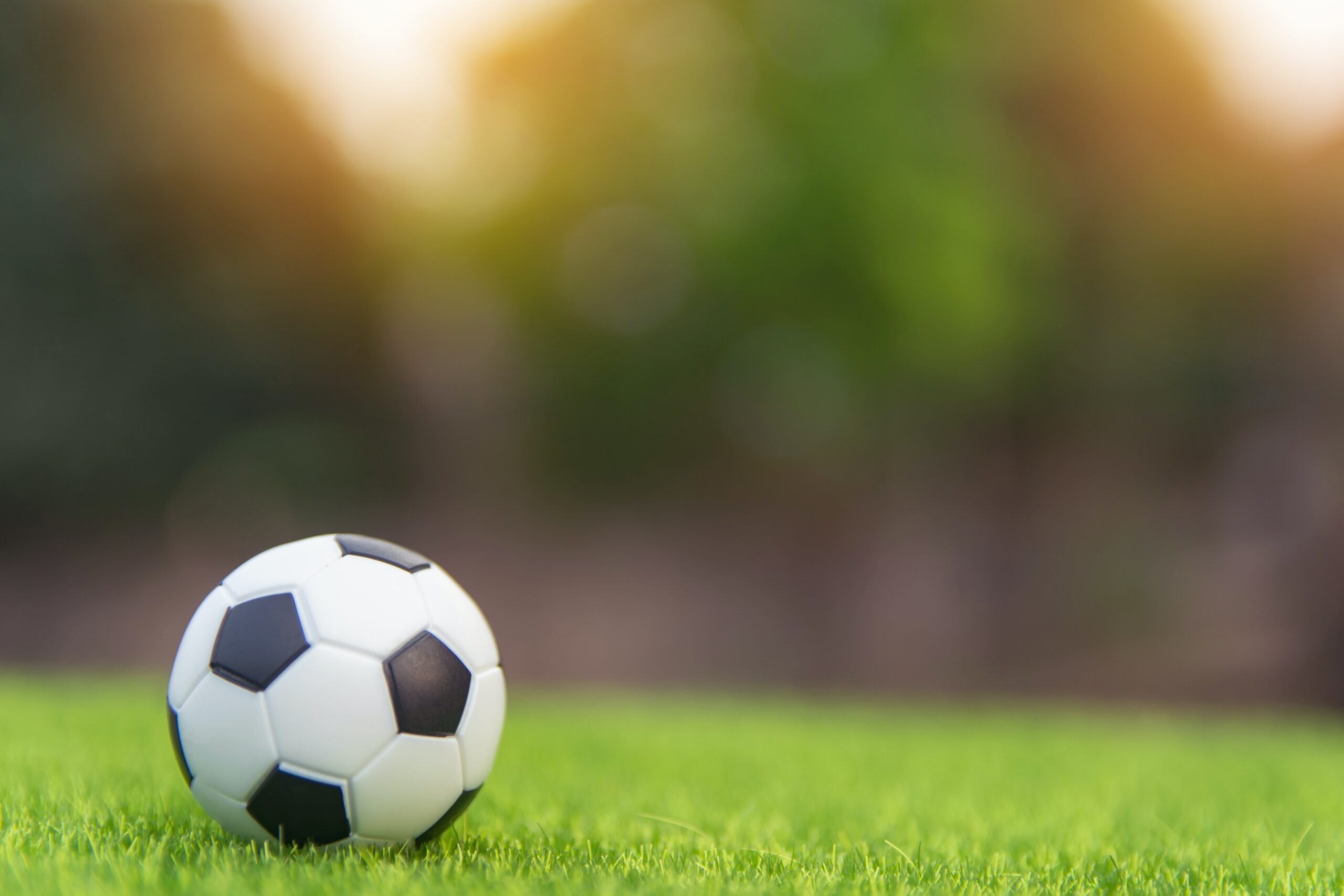3 December 2020
View from the Cotswolds
Simply the Best
By Paul Branch
 Let’s take a break from our national pastime of Boris-baiting and look instead for interest in the sporting world, and in particular in the direction of association football, triggered by recent departures of the great and the good. Non-football aficionados might as well look away now and go straight to Boffles’ latest crossword offering.
Let’s take a break from our national pastime of Boris-baiting and look instead for interest in the sporting world, and in particular in the direction of association football, triggered by recent departures of the great and the good. Non-football aficionados might as well look away now and go straight to Boffles’ latest crossword offering.
Manchester United seem to be the hardest hit this year with the loss of three former players: Nobby Stiles, midfield hard man and World Cup winner with the angelic toothless grin; Albert Quixall, the first Golden Boy of the modern era, a creative midfielder and goal scorer whose transfer cost £45,000 as part of the rebuilding of the Busby Babes team decimated by the horrors of Munich in 1958; and most recently Maurice Setters, another uncompromising midfield stalwart who helped re-establish the new team and went on to help the also lately departed Jack Charlton manage the Irish national team in its most successful era.
Elsewhere at home the most recent loss was Ray Clemence, Liverpool’s goalkeeper in their 1970s heyday with a slew of league championships and European Cup winner’s medals to his name. Following a £300,000 transfer to Tottenham he enjoyed some success but not at the same giddy level as at Liverpool. He shared the England goalkeeping role with Peter Shilton at a time when the national side was at one of its low ebbs; the England management had difficulty choosing between two such excellent players who to their credit were very worthy successors to the late great Gordon Banks, so they ended up playing alternate games. Clemence and Shilton also share the achievement of each having made over 1000 professional club appearances (as an aside, I recall the game at Brisbane Road when Peter Shilton chalked up his 1000th game, playing for Leyton Orient in the darker twilight of his career and lucky not to be sent off for a bad foul; the referee showed considerable leniency but probably a lot of common sense on such an occasion).
The other great footballer to have died recently was of course Diego Maradona, the raging little bull from Argentina who some say was the world’s best footballer. Judging by the nationwide outpouring of very real grief, you can start to understand the depth of feeling for a man who was a national hero for bringing home the World Cup in 1986 having beaten on the way their old foe, the English, at whose hands they had felt such humiliation and loss of international respect after the war in the Falklands. That footballing triumph certainly helped the healing process. To our own national credit, and despite the notorious Hand of God incident, professional clubs across the country respected his memory in a very fitting manner at the weekend: black armbands and vigorous clapping (with both hands).
Was Maradona the greatest player ever? As well as domestic club and country successes, he did play for some decent clubs abroad including Barcelona who paid a record fee for him, but after a while his temper got the upper hand, and no doubt other factors were also in play, so he had to go … to Napoli, for another world record fee. In Italy almost single-handedly he pulled off the seemingly impossible as Napoli won the league championship, the prized Serie A scudetto they had always coveted but never managed.
Maradona’s second goal against England in 1986 is thought to be the best ever, with which it would be hard to disagree given the import and magnitude of the match. Later he became FIFA Player of the Century, but jointly with Pele. The Brazilian maestro was also noted for some pretty special goals and performances, along with three World Cup winner’s medals: the first in 1958 as the youngest to play and score in the final, and lastly in 1970 as part of arguably the finest national team to have graced a football pitch. Pele was also a charmer and a statesman off the field, becoming a government minister and UN ambassador. When he left his home club Santos FC to join New York Cosmos at the end of his career, he kick-started soccer in the States (although they still have a way to go).
Pele and Maradona wore the number 10 shirt, as does Lionel Messi of Argentina and Barcelona who on his day (and he’s had many of them) can still do almost anything with a football at his feet, a true delight to watch but also awe-inspiring. Other foreign players in the Great category would be Ferenc Puskas, Alfredo di Stefano, Franz Beckenbauer, Johan Cruyff, Dennis Bergkamp, Zinedine Zidane and no doubt many more. Closer to home many would remember George Best with fondness and admiration for his skills but a talent wasted, and my own favourite Bobby Moore, the perfect gentleman on and off the pitch, famously wiping his hands before receiving the 1966 World Cup from Her Majesty, himself a truly majestic figure able to read a game, snuff out a threat and thread a killer pass. My abiding memory of Sir Bobby is after the group stage match against Brazil in the 1970 World Cup, where he and Pele almost embraced as they exchanged shirts, each recognising the other as a master craftsman and an equal.
One more name then I’ll call an end to this bout of self-indulgence: Sir Bobby Charlton, a player of the highest footballing quality and sportsmanship, World Cup winner, European Cup winner with all the emotion of being a Munich survivor, and lots more domestically. It was thought that he had never been booked in a match, but it turns out that his name did indeed get taken in the 1966 World Cup quarter final during the infamous sending off of Antonio Rattin. Either the referee thought Charlton was inciting more trouble by trying to calm things down, or it was a case of mistaken identity with Nobby Stiles.
Nearly twenty years ago I was sat at the bar in a safari camp in Kenya, having been through a bizarre but strangely invigorating religious experience and enjoying the gins being prepared by the barman, a gentleman of about my age. Conversation was lively but incomprehensible, his Swahili against my London Estuary, as we watched a football match broadcast on the bar’s TV. Suddenly as I was trying to make some interesting technical observation about the match, the barman pointed at me and piped up loudly and distinctly with a wide smile: “Bobby Charlton!” I didn’t have the heart to point to my hair and then point out his error of mistaken identity, but this for me sums up the international magnetism associated with Sir Bobby, it epitomises all that is great and good about the game, across the globe, and why he and football are simply the best.
tile photo: Tevarak Phanduang at unsplash


